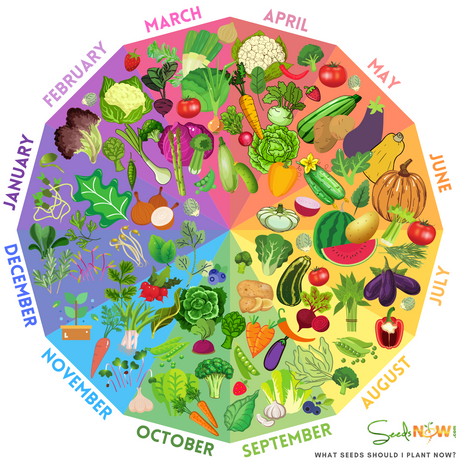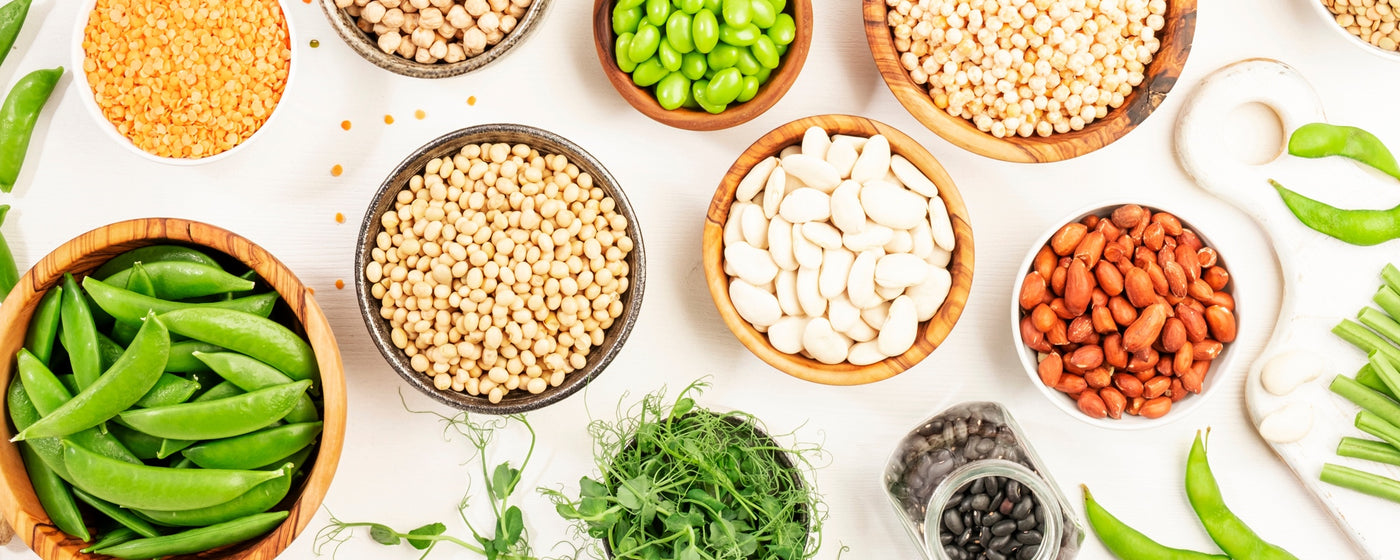|
About Broccoli
Broccoli is an annual cool-season crop hardy to frosts and light freezing, often overlooked and overcooked. Broccoli is sensitive to the heat, if the weather is too hot, it will flower quickly and won't produce an edible head, it tends to grow best in the fall due to the more predictable cool weather. To prevent spreading clubroot and other soil-borne diseases, don't compost brassica roots. Some gardeners won't compost any part of the plant. Also, rotate the placement of brassica plants in your garden so they aren't in the same 10-foot radius for at least 3 consecutive years. Some experts recommend a rotation of 7 years. Headed broccoli is the most common form in the United States, with big central heads closely packed with buds.
When to Plant
Start seed indoors 6 weeks before the last killing frost, for early spring crop. (In midsummer, start another crop of seedlings for August planting and late fall crop.) Set out seedlings in late April, early May. Broccoli is hardier than cauliflower, and can withstand several frosts and still keep producing.
Broccoli that matures during cooler weather will produce healthier heads that taste sweeter than those you would harvest during other times of the year.
Broccoli is a semi-heavy feeder, so add in 2 to 4 inches of rich compost or a thin layer of aged manure before planting. Rabbit manure is our personal favorite! 🐇🐰
How to Plant
In rows 2 1/2 feet apart, with 18 inches to 2 feet between the plants. Plant spacing is variable, more space between plants leads to larger heads with less side shoots, while smaller spacing leads to smaller heads and more side shoots.
How to Harvest
The first crop will be the central flower head, which resembles a green cauliflower. Cut it off with a sharp knife at an angle to a 4-6 inch stem, be sure to leave some leaves on the stalk, as many types will then produce side shoots from the leaf axis. Try to cut the head off at an angle, to help ensure water can not gather on the newly cut stem which leads to rot and disease. Be sure the head is cut before it cracks apart and separates; otherwise the plant will quickly flower and go to seed. When the terminal flower head is cut off, smaller side shoots will develop a continual harvest.
Home grown broccoli will most likely not grow heads as large as supermarket varieties.
After you've harvested the main head, you can encourage "side-shoots" to form by adding fish meal around the base of the plant.
|











































